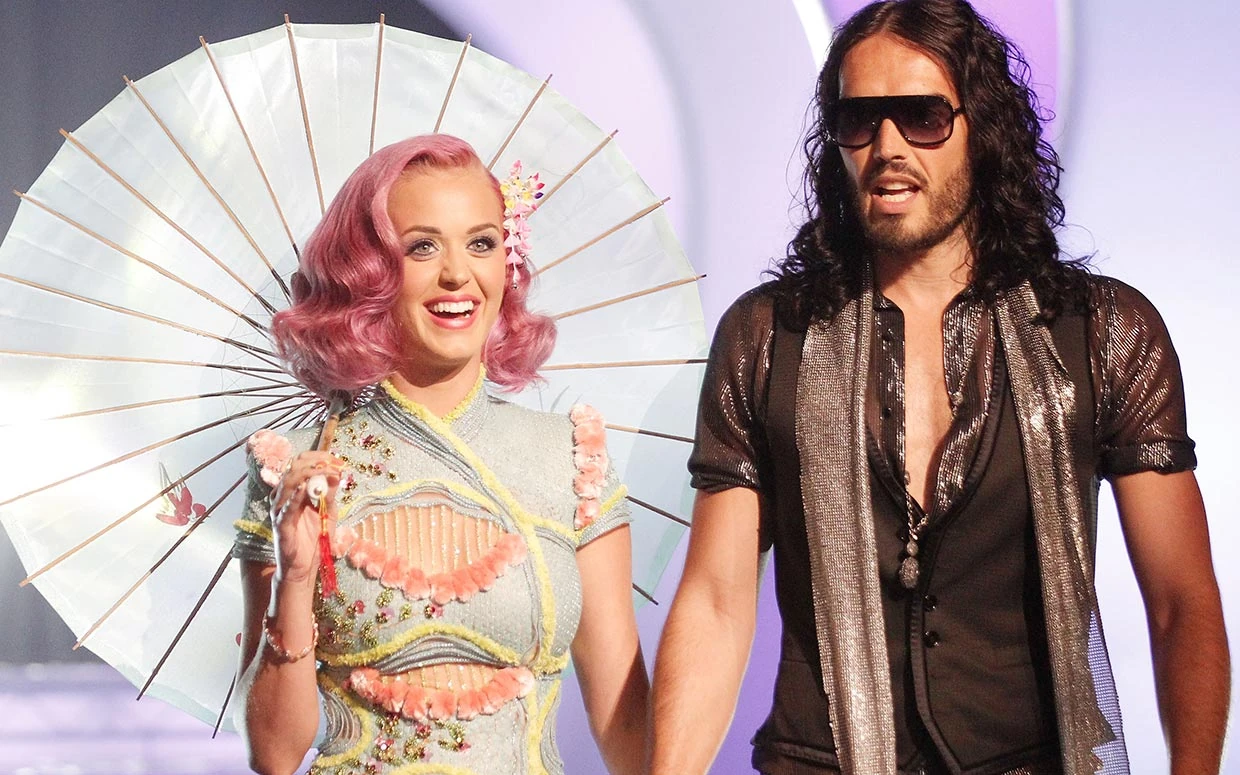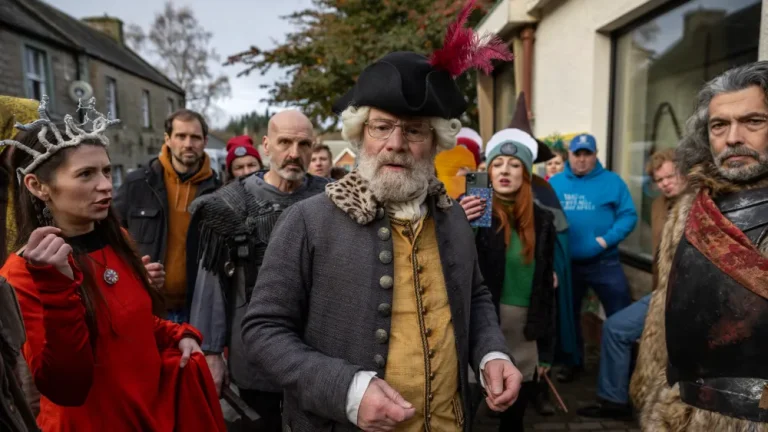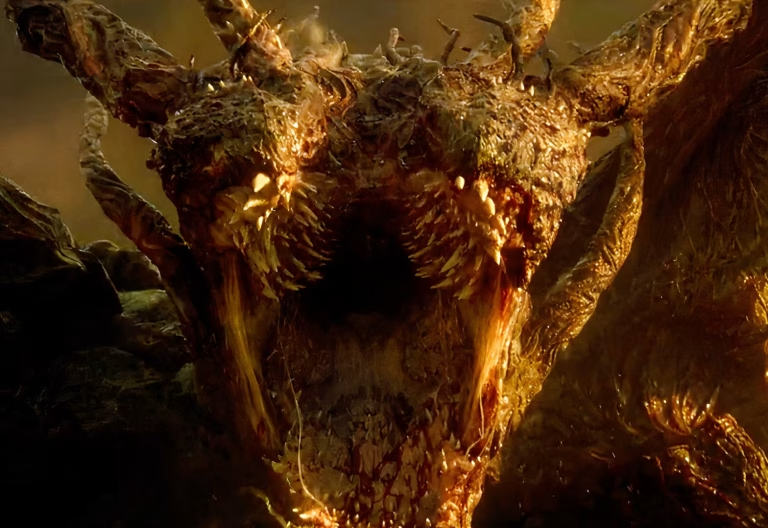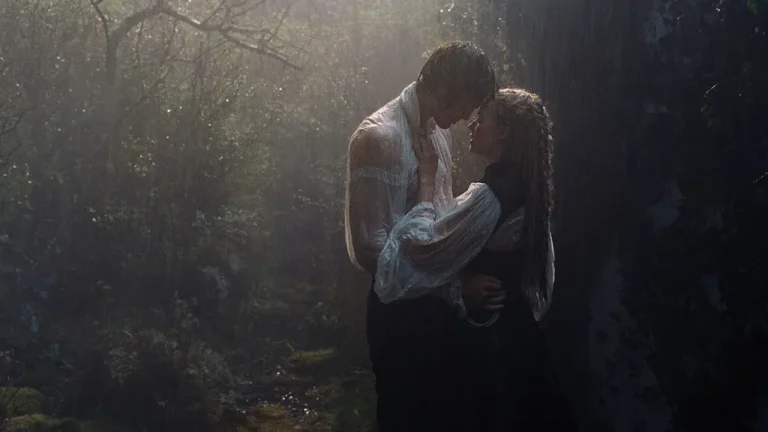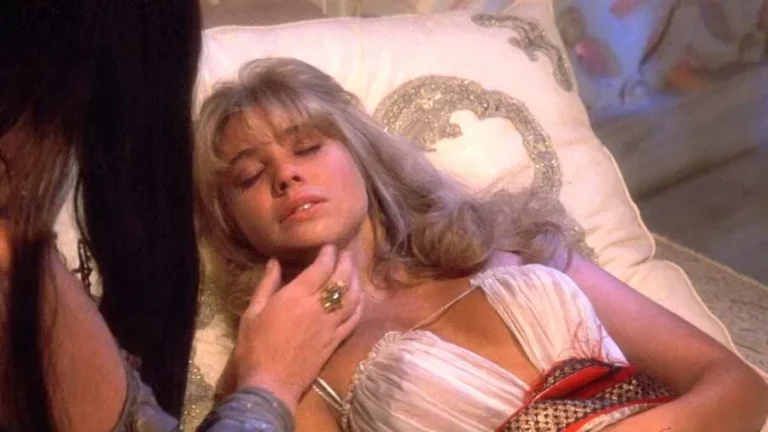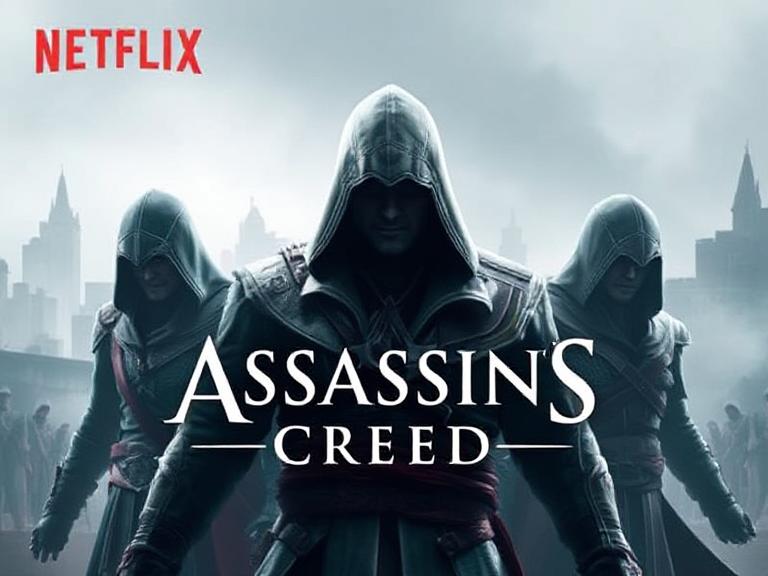
Assassins Creed TV Series Officially Greenlit at Netflix 5 Years After Initial Announcement
1. From Announcement to Green Light: A Journey Across Five Years
1.1. The 2020 Deal with Ubisoft
Assassins Creed: It all began in October 2020, when Netflix and Ubisoft formally announced a streaming partnership to develop multiple Assassin’s Creed adaptations—including a promise of a live‑action series. The goal was ambitious: to bring the sprawling, time-hopping drama of the games to episodic storytelling. Back then, it sounded like a dream that could unite cinematic action, historical settings, and the franchise’s signature themes of free will versus control.
Ubisoft Film & Television lined up Jeb Stuart—the screenwriter behind Die Hard and The Fugitive—as the initial showrunner and co‑executive producer. Readers and fans were excited that a major Hollywood talent was involved. Unfortunately, narrative delays and internal changes followed soon after.
1.2. Development Delays and Creative Shakeups
Over the next few years, updates were sparse. In early 2023, reports confirmed that Jeb Stuart had departed the project amid “differences in vision” with Netflix and Ubisoft execs. He described how executive changes—particularly a shift from Los Angeles to London oversight—led him to step down from the showrunner role.
Subsequent efforts seemed stalled. Ubisoft restructured its TV division, creative turnover occurred, and speculation grew: was the series on indefinite hold? As of February 2025, some insiders suggested the series was paused indefinitely, though Netflix and Ubisoft stayed largely silent.
For many fans, prolonged silence fostered doubt—but the mere fact that nothing official had been cancelled left room for hope.
2. The Green Light: What Netflix and Ubisoft Confirmed
2.1. Showrunners and Producers Attached
Then, on July 17, 2025, came the big reveal: Netflix had officially greenlit the Assassin’s Creed live‑action series. This time, two Emmy-nominated masterminds joined as showrunners and executive producers: Roberto Patino (Westworld, Sons of Anarchy) and David Wiener (Halo, Brave New World, The Killing).
Supporting the project on Ubisoft’s end are executives Margaret Boykin, Gerard Guillemot, Austin Dill and Netflix’s Matt O’Toole, further signaling a high level of commitment from both companies.
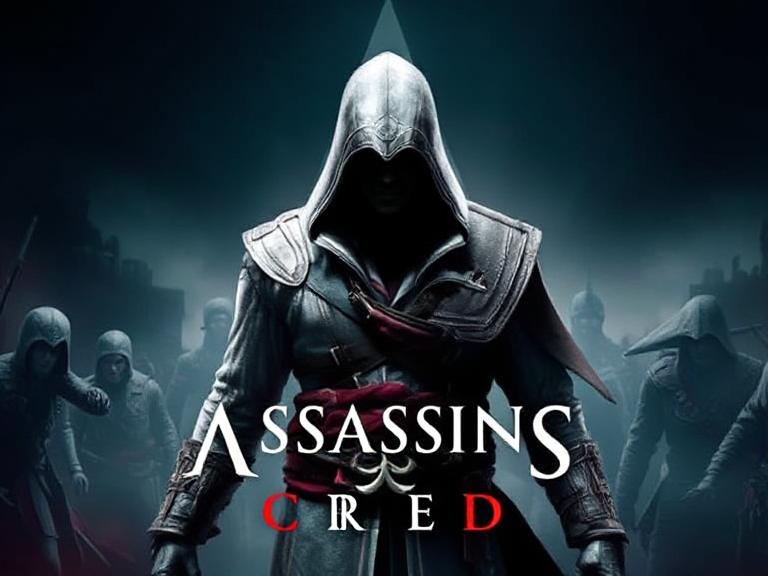
2.2. Official Premise and Themes
Netflix shared the official premise: the series will depict the eternal secret war between two shadowy factions—one seeking to control humanity’s future, the other fighting to preserve free will. Expect iconic franchise elements like genetic memory access (the Animus) and the mystical Pieces of Eden to play key roles.
Patino and Wiener emphasized this project is more than spectacle: it’s about identity, destiny, purpose, and emotional connection across cultures and time. Blending parkour, violence, greed, sex, and vengeance, they position the show as an emotionally resonant human drama wrapped in iconic Assassin’s Creed mythology.
3. The Writing Room Assembles: Veteran Talent Joins
3.1. Patino & Wiener’s Vision
With decades of experience in genre and high‑tension storytelling, Patino and Wiener bring credibility. Their approach appears to blend the franchise’s action thrills with introspective storytelling about what humanity loses when connections break. They’ve made it clear they want something profound—not merely aesthetic echoing of the games .
3.2. Notable Writers in the Room
Sources reveal the series now features a diverse veteran writing team, including:
-
Emily St John Mandel (Station Eleven, The Glass Hotel)
-
Sam Reynolds (The Walking Dead: World Beyond)
-
Tom Hemmings (Halo)
-
Jaquén Castellanos (Good American Family)
-
Claire Kiechel (Watchmen, The Acolyte)
-
Sanaz Toossi (A League of Their Own).
This gathering of literary and television talent signals Netflix’s intent to elevate the franchise beyond typical blockbuster storytelling.
4. Why This Adaptation Matters: Past Failures & Future Ambitions
4.1. Lessons from the 2016 Movie
The earlier Assassin’s Creed film—released in 2016 starring Michael Fassbender—failed to impress both critics and fans. While moderate box office returns ($240 million globally), critics cited its departure from the franchise’s core themes and confusing execution.
Many fans have since argued that Assassin’s Creed’s sprawling lore is best served in long‑form television. Netflix appears to agree: the franchise’s depth and philosophical bent can only be exploited properly through episodic storytelling .
4.2. Netflix’s Record with Game Adaptations
Netflix has found real success in animated game adaptations—think Castlevania, Arcane, Cyberpunk: Edgerunners. But live‑action efforts have had mixed results (Resident Evil, Witcher). The Assassin’s Creed series—now backed by strong creative leadership—represents Netflix’s most ambitious attempt yet at a AAA-tier live‑action gaming property.
If done right, this could cement Netflix as the top platform for game‑world storytelling in both animated and live‑action formats.
Watch Also
5. What We Still Don’t Know (and Fans Are Eager to Learn)
5.1. Timeline and Historical Settings
Netflix hasn’t revealed which era(s) the series will cover, though teases hint at inspiration from the beloved Ezio Auditore trilogy (Italy 15th–16th centuries). It’s also unclear if modern-day segments involving the Animus and Abstergo will feature prominently—and how closely the show will follow established canon
5.2. Casting, Format, and Release Window
No casting announcements have been made yet. The format—number of episodes, season structure—is still under wraps. While reports suggest a target for the 2025–2026 TV season, nothing is official yet. Given the shift from earlier delays and creative turnover, fans remain cautious but hopeful .
